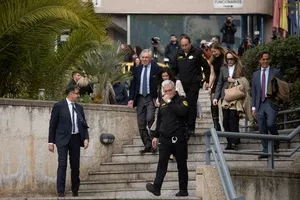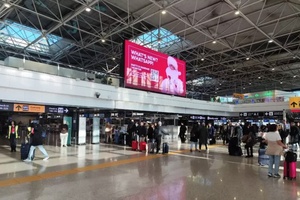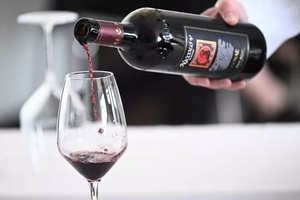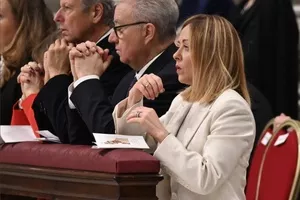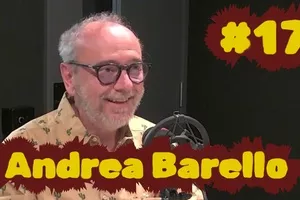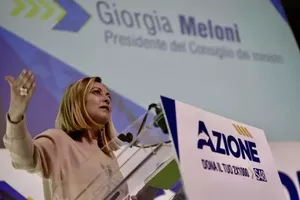One of the highest priorities of the Consulate General of Italy in Melbourne, shared by the Italian Embassy in Canberra is the teaching of the Italian language.
The teaching of Italian is in need of constant reinforcing and occupied an essential role in official meetings within the Italian institutional delegation in Tasmania, as part of Ambassador Paolo Crudele’s first official visit to the island state.
Also at the forefront was the Consul General of Italy in Melbourne, Hanna Pappalardo.
Official meetings saw the two Italian institutional figures shake hands with Governor Barbara Baker, Premier Jeremy Rockliff, Minister for Education Roger Jaensch, Shadow Minister for Education Josh Willie and Hobart Mayor Anna Reynolds.
Meetings were followed by a much-anticipated visit to the University of Tasmania for a face-to-face interview with Vice Chancellor Professor Rufus Black.
And “looking from the same prism of needs,” it seems that even in Tasmania there is a strong interest in maintaining the Italian language within the community because “while it is true that, on the numbers front, the Italian community in Tasmania is smaller than in Victoria, it is also true that the overall numbers in the state are smaller in general,” said Hanna Pappalardo.
“So, proportionally, I would say that despite everything, the size of the Italian community is substantial enough to interact credibly with the Tasmanian Government authorities.”
The Consul assured that she would continue to attend to the issue in the coming months and make sure that the importance of keeping the teaching of Italian alive in Tasmanian schools is not forgotten.
“From what I’ve been able to see, the problems are somewhat the same as we have been able to verify here in Victoria,” the Consul added.
“Circumstances suggest that we need to undertake integrated actions between consular diplomatic authorities and the community itself present on the ground.
“There is a need for everyone to bring up, in their respective local meetings, the importance of maintaining the Italian language.”
The challenges noted relate to the geographic context in which Australia is far from Italy itself, as well as the presence of other ethnic groups who “assert their own needs,” which are then listened to by the school system, creating “a very complex kaleidoscope of actors in which there is a need for all voices to be heard”.
“What I think has been identified as an important element, which Ambassador Crudele felt relevant to put on the table, is the resumption of a functional institutional dialogue that can really enhance the projection of Italian language teaching at the school level,” the Consul explained.
The possibility of strengthening correspondence between the Tasmanian government and Italian authorities, which has been interrupted in recent years due to the pandemic, was therefore proposed.
Additionally, the conversation with Vice Chancellor Black outlined the interesting possibility of a visit by new Embassy staff to the important university institution.
“In Tasmania we have indeed detected a great interest in Italy,” continued Consul Pappalardo.
“An interest that calls for the presence of a qualified and dynamic Italian-Australian community that speaks for itself through the Australian Italian Club in Hobart, which we obviously did not fail to meet and listen to.
“In fact, we agreed to maintain closer ties and stay in touch, as much as possible in order to fertilise what we discussed.”



















